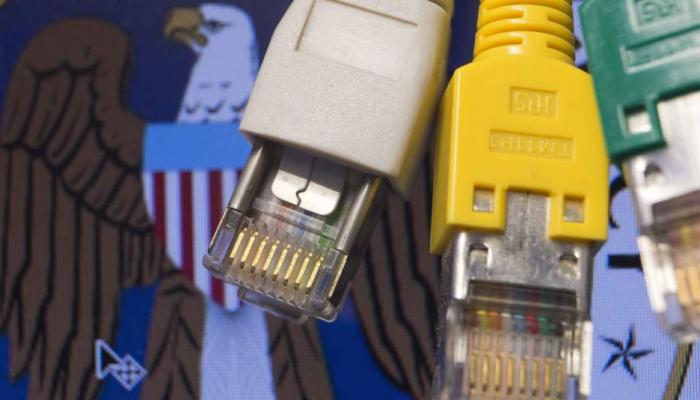Sao Paulo, April 24 (RHC) -- Representatives from more than 80 countries and international organizations are finalizing on Thursday in the Brazilian city of Sao Paulo details of a non-binding resolution that establishes lines of action to achieve global Internet governance.
In the second and final day of the NETMundial summit, participants are seeking consensus on measures to ensure the principles, rights and duties for both Internet users and service providers, as well as greater international participation in the management of the World Wide Web, currently supervised by the United States.
The inviolability of the data, equality in the use of this virtual space and the free flow of information are claims included in the final declaration of the meeting.
The father of the web, Tim Berners-Lee, defendeed the proposal of Brazilian President Dilma Rouseff, for the creation of an international body to oversee the Internet’s technical functions in order to democratize the use of the Internet and protect fundamental human rights, such as privacy.
Barners-Lee also welcomed the adoption of a law by the Brazilian government, amounting to a web user's bill of rights. The legislation, dubbed Brazil's "Internet Constitution," sets out rights and duties for users and provider for the exploitation of the Web.
The new Brazilian law prohibits the sale or disposal to others of personal data, while companies are obliged to store for at least six months all the data captured by their servers.
The internet conference was held in the wake of revelations about global spying activities by the United States using global communication platforms, including the Wolrd Wide Web, an issue highly criticized by participants.
Leaked documents on top secret US government spying programs, revealed that the U.S. National Security Agency (NSA) and the Federal Bureau of Investigation (FBI) had been eavesdropping on millions of American and European phone records and the Internet data, as well as emails and other data of Brazilian citizens and corporations, including those of President Dilma Rousseff.


